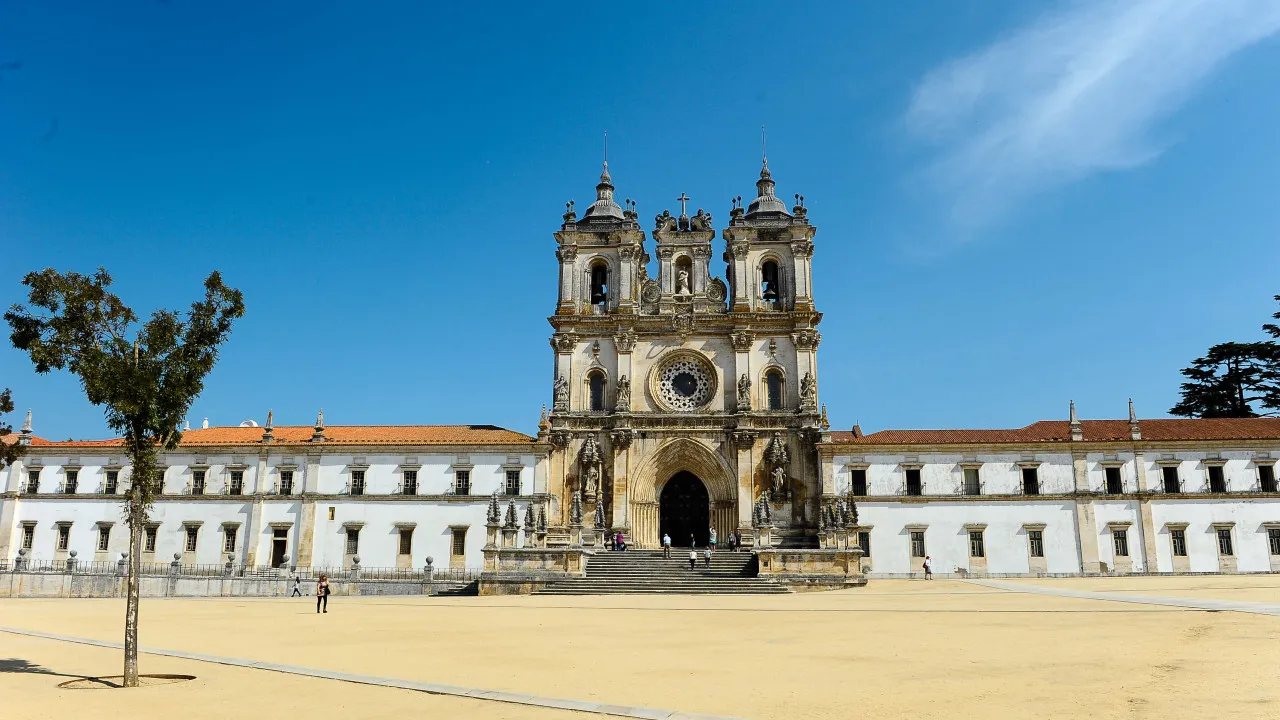
Set against the backdrop of Porto’s City Hall, thousands began forming the procession that continued to wind through the city streets. Signs and banners filled the scene, with calls for better wages, improved working conditions, more housing, and food security prominently featured.
Flags, particularly those of Palestine, lined the road.
In the square, amid the bustling crowd, inflatable structures and makeshift bars added to the festive atmosphere: “Today is our day, workers,” read one sign.
“I’ve been coming here for 50 years. I came on May 1, 1974, right after the April 25 revolution. We were fearful because we didn’t know what would happen. That was the first day I truly experienced the scent of freedom,” stated José Mendes, a 74-year-old holding a CGTP flag.
For Mendes, a proud retired metalworker and “a communist through and through,” May 1st is “more beautiful than a birthday.”
Why? “At your age, you don’t know what life was like before [April 25, a theme that blends into the conversation about Workers’ Day], but we worked for endless hours, often without knowing if we would get paid, and we had to remain silent. We lived constrained.”
He continued, “It was the first day, young lady, the first day we knew that power belonged to the people.”
A few meters ahead, sitting on the doorstep of a shop along the avenue, Maria dos Anjos, a 69-year-old retiree, shared that she participates in the march “whenever possible.”
“I love it. It’s the people’s celebration, a workers’ festival. There are no doctors or engineers here, just people. Today, the struggle is significant, as the new generations face futures burdened by job insecurity, lack of housing, and overwork,” she said.
The speeches began, but there were only two: “That’s the least of our concerns today; let’s begin the march and enjoy the sun and light before the rain returns.”
Throughout the square and avenue, people of all ages mingled, but still, “it’s the older individuals who never miss it,” remaining in the majority.
“The young ones haven’t awakened yet; they prefer going to the beach. But we fight for them; they are our children,” said Maria dos Anjos as she rose and prepared to join the march.
The International Workers’ Day on May 1st traces back 139 years to events in Chicago, where a movement demanded the reduction of the workday to eight hours, which was violently suppressed by U.S. authorities, resulting in the deaths of dozens of workers and the hanging of four labor leaders.
In Portugal, 51 years ago, the celebration of May 1st, just a week after the April 25 revolution, was a major popular demonstration.
Across the country, hundreds of thousands took to the streets, expressing joy and demanding rights like ‘the right to strike,’ ‘an end to war now,’ and ‘the return of soldiers.’
“May is on the streets, the struggle continues,” echoed through the Porto streets.




